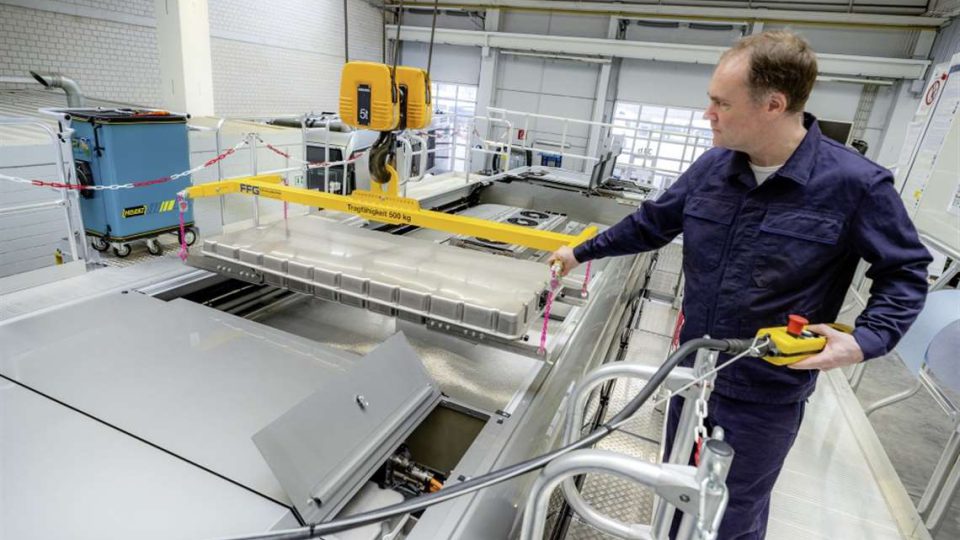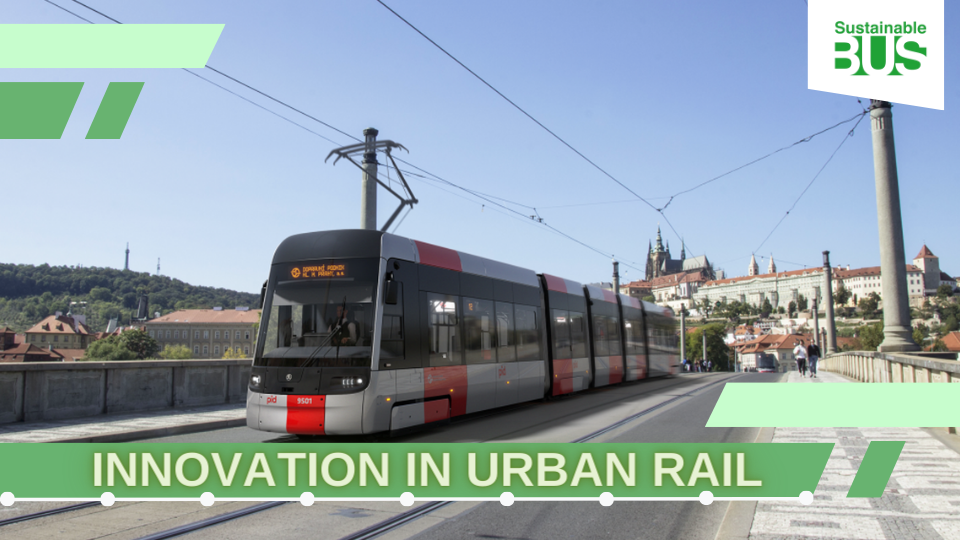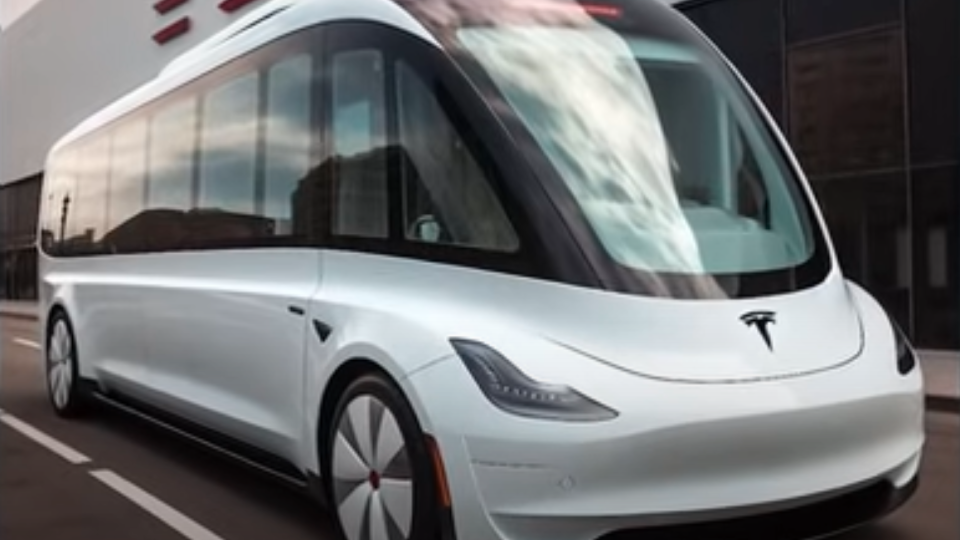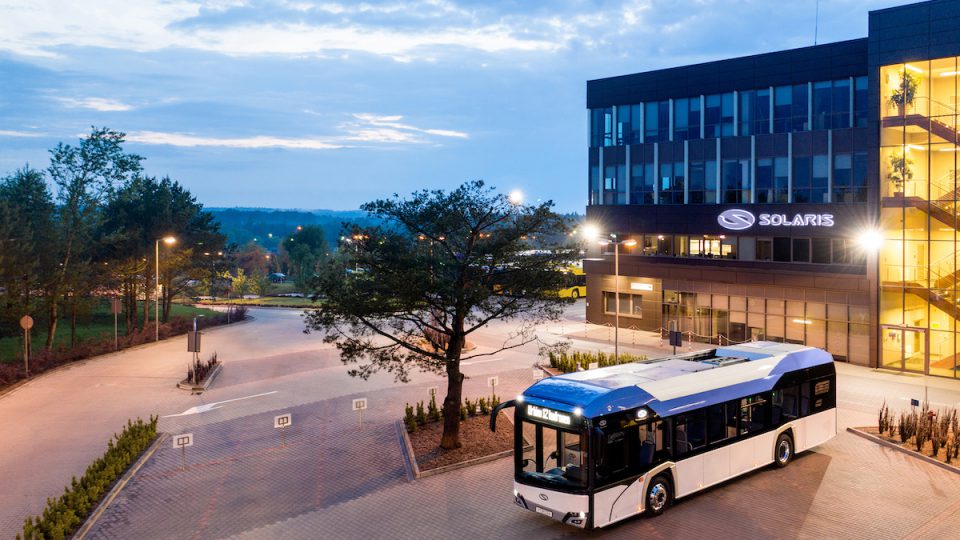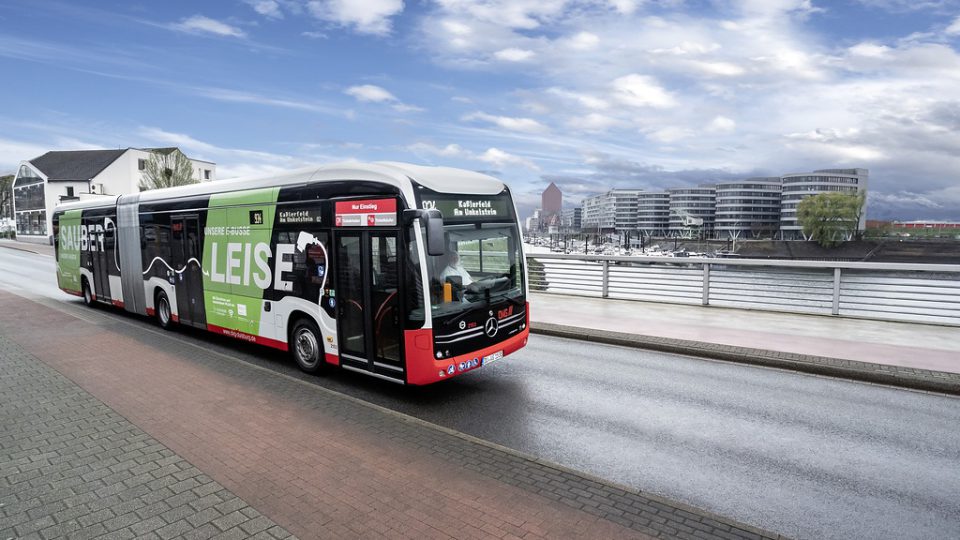Go-Ahead buys its first zero emission hydrogen buses from Wrightbus. 20 GB Kite Hydroliner to be delivered in June 2022
Go-Ahead has signed a contract to buy its first fuel cell bus fleet. 20 hydrogen vehicles will be deployed by Brighton & Hove and Metrobus. The buses have been commissioned to Northern Irish manufacturer Wrightbus. They’ll be on service on the Fastway routes in the Crawley, Redhill and Gatwick Airport area. The single-decker GB Kite […]
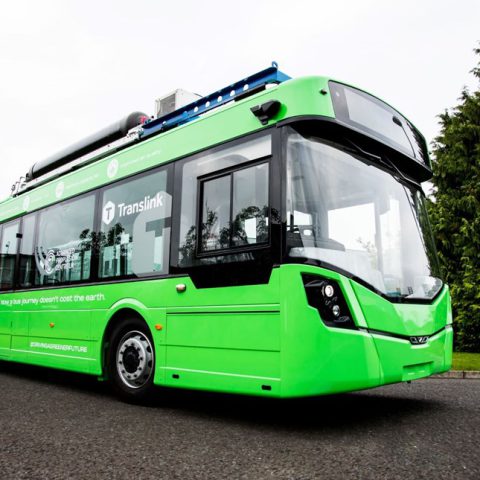
Go-Ahead has signed a contract to buy its first fuel cell bus fleet. 20 hydrogen vehicles will be deployed by Brighton & Hove and Metrobus. The buses have been commissioned to Northern Irish manufacturer Wrightbus.
They’ll be on service on the Fastway routes in the Crawley, Redhill and Gatwick Airport area. The single-decker GB Kite Hydroliner buses will be delivered in June 2022 and will be the first hydrogen powered vehicles in Go-Ahead’s fleet of more than 6,000 buses. The model has been released this year.
The single-decker fuel cell buses are part funded with money from UK Government and European Union zero-emission bus schemes.
Further 34 fuel cell buses to be in operation
Brighton & Hove and Metrobus is pursuing a second tranche of a further 34 buses to operate on other services in the Fastway bus rapid transit network – a network of guided busways and dedicated bus lanes designed to speed buses past congestion hotspots – and on the majority of services which are operated by Metrobus in Surrey. If completed, this has the potential to be one of Europe’s biggest local fleet of hydrogen buses to date.
David Brown, Chief Executive of The Go-Ahead Group, said: “This is a significant milestone for Go-Ahead as we work towards our goal of a zero-emission bus fleet by 2035. These buses will be clean, green and will provide a comfortable journey for passengers. New technology is only one piece of the puzzle though in addressing climate change – we also need to encourage a large-scale change in behaviour by persuading people to switch from cars to walking, cycling and public transport.”
Go-Ahead buys hydrogen buses
Jo Bamford, Executive Chairman of Wrightbus, said: “Greenhouse gases released from transportation currently account for a third of the UK’s total carbon emissions, which is a sobering statistic and one that we are seeking to change at Wrightbus thanks to our world-leading zero emission vehicles. To date, our world-leading double decker Hydroliners have prevented one million kg of CO2 from entering the atmosphere. The introduction of the new GB Kite Hydroliner single decker will help to prevent even more carbon from being released. It’s fantastic to see Brighton & Hove and Metrobus taking this vital and progressive step to decarbonise public transport to help the UK hit its ambitious net zero targets.”
Martin Harris, Managing Director, Brighton & Hove and Metrobus, said: “We run services 24 hours a day, with hilly terrain, heavy passenger loads and duty cycles well in excess of the national average at up to 370 miles per day. Those provide really challenging conditions for any technology but we concluded that hydrogen provides the most efficient replacement for our diesel buses. To kick start the behaviour change we need to see in people’s travel habits, we need highway infrastructure that matches the ambition we have for zero emission buses, enabling bus journey times to become significantly quicker and more attractive to motorists.”

